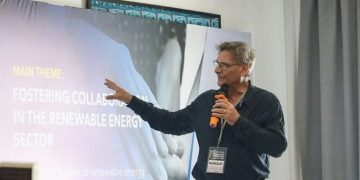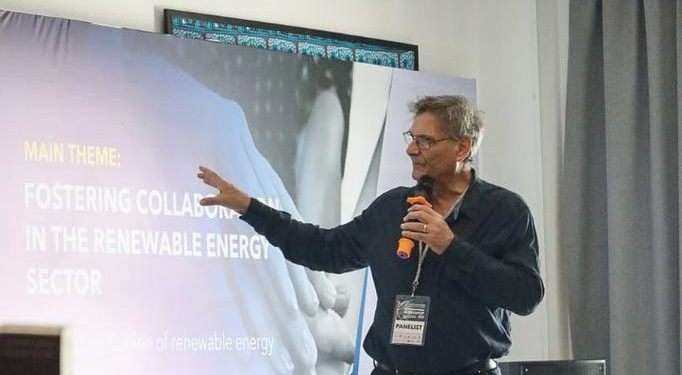Experts and Researchers have called for fostering of collaborations in the renewable energy sector to boost research and innovation of modern energy technologies.
The call was made at The African Clean Energy Research Alliance (ACERA) International workshop in Kampala Uganda.
Dr Mary Suzan Abbo, the managing director Center for Research in Energy & Energy Conservation (CREEC), said the government has many initiatives, meant to promote and develop the energy sector, however, more is needed in the areas of research and innovation of modern energy technologies.
For Uganda to transition to clean energy, efforts are needed in skilling and capacity building for both technicians and other players in form of formal and informal training.
She said through ACERA alliance, they are working on research in energy and renewable efficiency but also fostering collaborations to spark investment in the sector.
Abbo noted that there is a lot of work required to reach out to rural communities that are registering low use of clean energy but also build the capacity of technicians and other players in the energy sector.
“The training needed includes formal training for competence, and informal training for people that are users or providers through small companies that deliver energy services across the broad from small solutions to macro solutions,” Abbo said.
Meanwhile, Professor Jon Lovett, from the University of Leeds, and Chair of Global Challenges, said Uganda is turning into an oil nation, however, the benefits of the fossil fuel developments are not going to extend to the whole country if some funds are not reinvested in the renewable energy sector.
Lovett said if Uganda can harness the potential of renewable energy and implementation, it will have different levels of change and welfare of livelihoods of people.
He added that the provision of reliable electricity and solar will help spur development since people will easily and cheaply access energy.
According to Lovett, Uganda has got the technology, and the skills needed to bring electrical power access and clean modern energy to people even in the most remote rural areas.
He noted that they are working on getting the CREEC experts from Uganda to go back to the United Kingdom where the development of microgrids is starting. “We have the expertise here in the building and designing microgrids, we can also use that in the UK as well.”
A Microgrid is a group of interconnected loads and distributed energy resources that acts as a single controllable entity with respect to the grid.
Advanced microgrids enable local power generation assets—including traditional generators, renewables, and storage—to keep the local grid running even when the larger grid experiences interruptions or, for remote areas, where there is no connection to the larger grid.
In addition, advanced microgrids allow local assets to work together to save costs, extend the duration of energy supplies, and produce revenue via market participation.
The ACERA workshop attracted a blend of panel discussions showcasing the diverse opportunities available for collaboration in the energy sector, current efficient and impactful dissemination strategies and a showcase of a diverse range of digital applications supporting the growth of renewable energy businesses.









